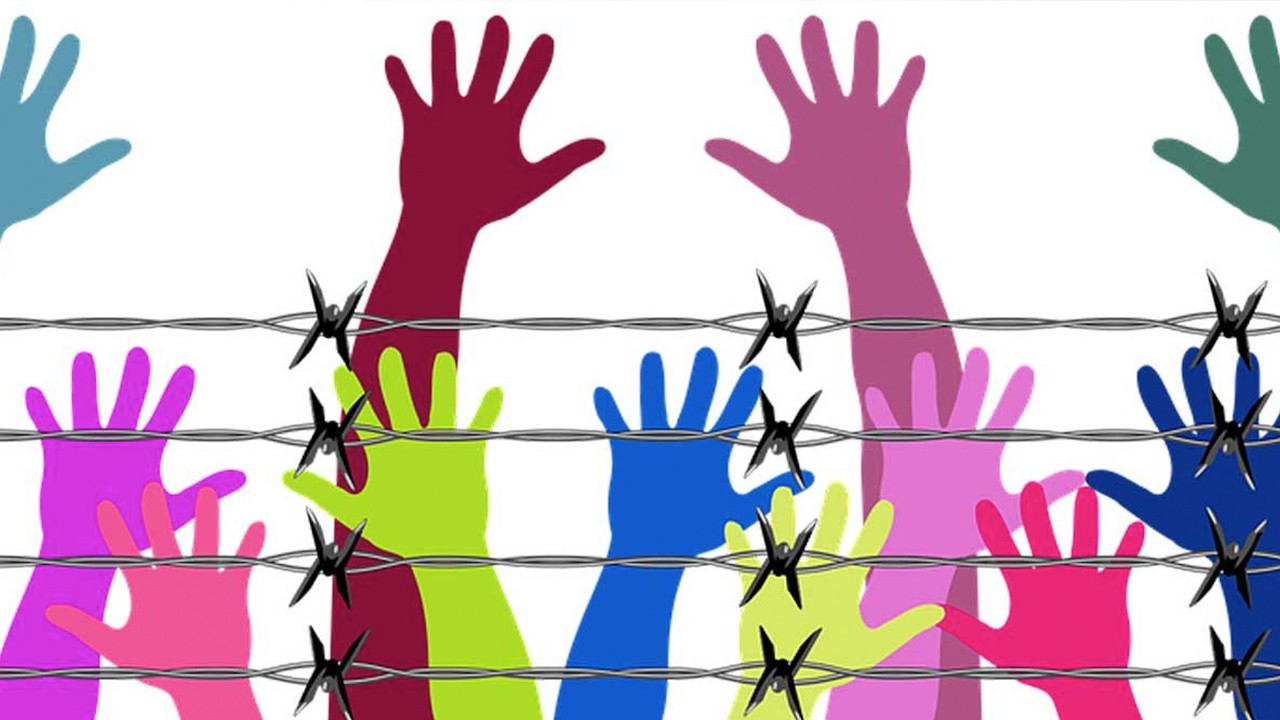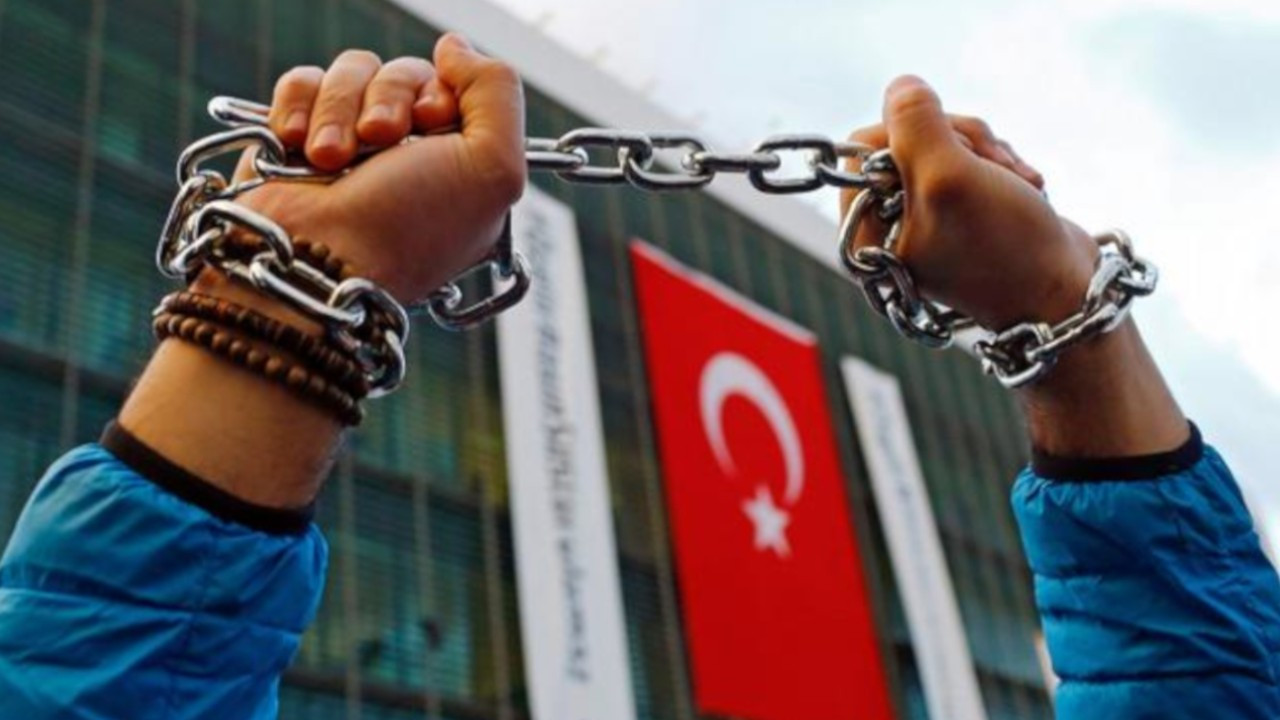2020 marred by rights violations for Turkey's Diyarbakır
Human rights violations and a clampdown on freedom of expression have continued in Turkey in 2020, said representatives of NGOs from Turkey's largest Kurdish-majority city of Diyabakır. They have touched upon the anti-democratic nature of the government's trusteeship policy, the difficulty of vulnerable children in accessing education and the investigations launched against doctors in senior positions in medical chambers.
Vecdi Erbay / DUVAR
Several representatives of NGOs have said that the year 2020 was marred by rights violations in Turkey's largest Kurdish-majority city of Diyarbakır.
The president of the Diyarbakır branch of the Human Rights Association (İHD), Abdullah Zeytun, said that unlawful practices of detentions have taken place throughout the year in the city. “The region has experienced more rights violations in 2020 in terms of the policy of conflict and violence within the framework of the Kurdish issue,” he said.
Zeytun said that Ankara's replacement of elected Peoples' Democratic Party (HDP) mayors with appointed trustees has changed the nature of local government in the region at the expense of voters' rights and interests.
The years 2019 and 2020 saw the second era of trustee rule in Turkey. The first trusteeship era began in Sept. of 2016 when Ankara started removing mayors of the HDP. The second era started right after the March 2019 local elections, with the appointment of trustees to cities of Diyarbakır, Van and Mardin in August.
“In line with the increasing political authoritarianism, nonstandard arbitrary implementations have continued [in 2020] and the year has seen more unlawful practices. Although there has been a discourse of planned reform in the judiciary and human rights area, the laws that have been legalized have suggested otherwise,” he said
Zeytun recalled the anti-democratic nature of Turkey's new social media law, the law regulating the functioning of NGOs and the parole law which excluded political prisoners.
The co-chair of Diyabakır branch of Turkey's Union of Education Workers (Eğitim-Sen), Emine Akşahin, said that children of impoverished families, especially in Diyabakır, had difficulty in accessing education in 2020.
“We hope that 2021 will be a year in which education will be provided in an equal, free, democratic way and in mother tongue, and in which everyone will be able to express themselves freely,” she said.
Effects of COVID-19
The president of Diyarbakır Medical Chamber, Elif Turan, said that the region was already suffering from problems in the healthcare system prior to the COVID-19 pandemic, especially due to “lack of sources, anti-democratic implementations and discrimination.” She said that these problems further accumulated with the coming of the pandemic.
She said that members of the Diyarbakır Medical Chamber were not included in the meetings of the Provincial Pandemic Council, and authorities have launched criminal investigations against medical chamber officials over their social media posts.
“In our region, authorities have tried to oppress medical chamber officials with investigations over their social media posts and press statements in which they tried to inform the public [on COVID-19],” she said.
The government has targeted local leaders in the Turkish Medical Association (TTB) since the pandemic began, with several having been ordered to surrender their passports and check in regularly at police stations.
Some doctors have been charged over allegations of “creating fear and panic among the people,” after they voiced their skepticism about the official COVID-19 figures.

 Turkey in 2020: A year marred by chilling human rights violationsHuman Rights
Turkey in 2020: A year marred by chilling human rights violationsHuman Rights Turkey comes second in failing to implement ECHR's rulingsHuman Rights
Turkey comes second in failing to implement ECHR's rulingsHuman Rights